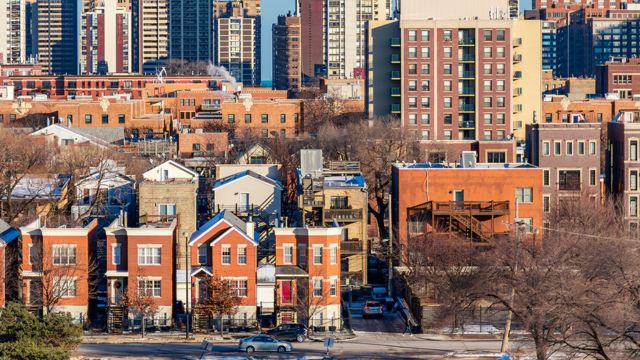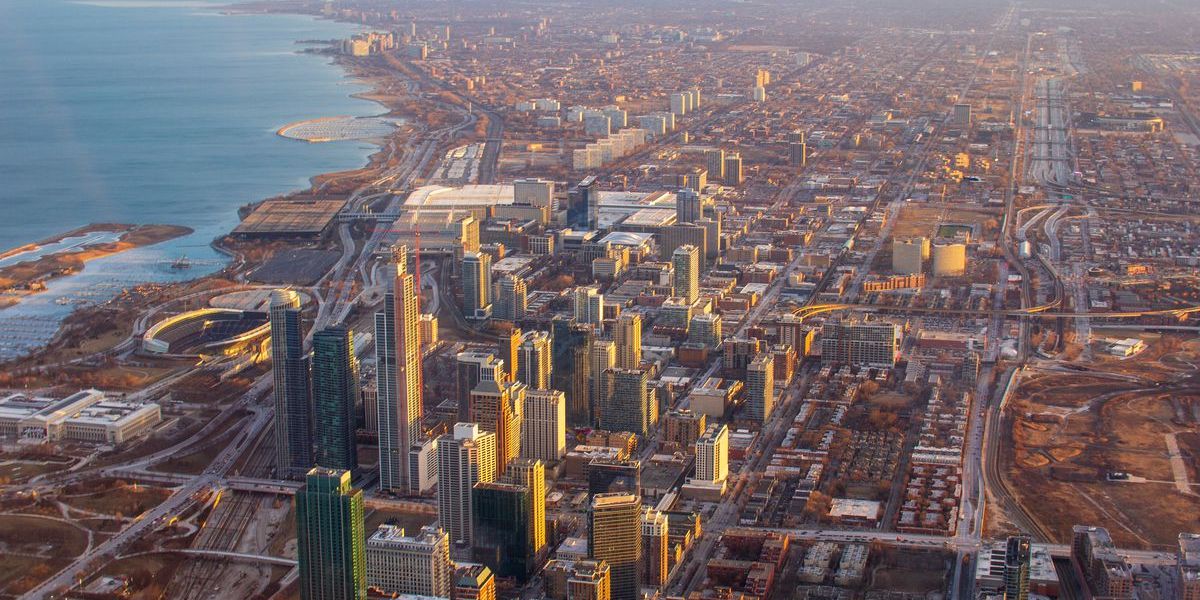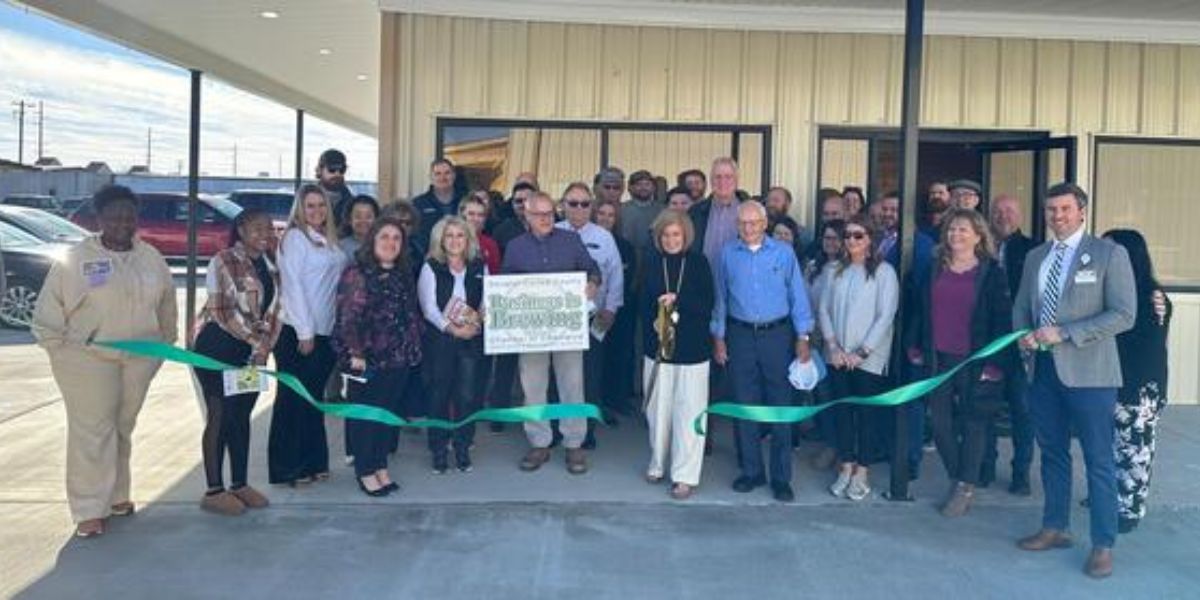Chicago is a thriving metropolis known for its lively urban landscape and rich cultural variety. It is located on the beaches of Lake Michigan. But beneath the surface of this dynamic metropolis is a harsh reality: there are large differences in economic potential between its many districts.
While some regions prosper with thriving industries and busy enterprises, others face poverty and restricted access to necessities.
5 Important Factors
Here, we examine five significant variations in economic opportunity seen in Chicago’s neighborhoods.
1. Income Disparities:
The wide variations in income that exist between Chicago communities are among the most obvious contrasts in economic opportunity. Rich people have access to high-quality healthcare and education, well-paying jobs, and luxurious amenities in affluent communities like Lincoln Park and the Gold Coast.
On the other hand, areas like Austin and Englewood on the city’s South and West Sides have greater rates of unemployment and poverty, which hurts household incomes and limits opportunities for upward economic mobility.
2. Disparities in Educational Opportunity:
One of the main causes of the variations in economic opportunity throughout Chicago communities is the availability of high-quality education. Rich communities frequently have well-funded schools with lots of resources, seasoned educators, and cutting-edge academic offerings.

On the other hand, underprivileged communities frequently struggle with little funding for schools, packed classrooms, and little extracurricular activities. The disparity in citizens’ future earning potential and preparedness for the workforce is sustained by this educational inequality.
3. Employment Opportunities:
Economic disparities among Chicago communities are made worse by differences in job accessibility and availability. While there are plenty of job prospects in banking, technology, and professional services in downtown and the wealthy suburbs, many communities on the South and West Sides of the city struggle to draw in businesses and create long-term jobs.
Read More Here:
- Chick-fil-A Joins the Trend: Fast-Food Chains Increasing Prices Amid Economic Pressures!
- Why Illinois Falls Short for Low-Income Residents Through Recent Reports
- CHANGE! California Fast Food Chains Adjust Pricing Amidst Economic Pressures
These localities have greater unemployment and underemployment rates due to limited transportation options and a lack of funding for economic development projects.
4. Disparities in Economic Opportunity by Race and Ethnicity:
In Chicago communities, differences in economic opportunity are mostly determined by race and ethnicity. Disparities in healthcare and social services, discrimination in hiring practices, unequal access to housing and credit possibilities, and other systemic impediments to economic progress impede historically excluded populations, especially African American and Hispanic neighborhoods.
For people of color, these systemic injustices impede their ability to move up the economic ladder and prolong cycles of poverty.
5. Differences in Public and Private Investment:
The disparity in public and private investment exacerbates the economic opportunity gap between Chicago communities. Substantial expenditures in company development, community redevelopment, and infrastructure often have a positive impact on affluent communities by promoting economic growth and drawing in new capital.
Economically disadvantaged communities, on the other hand, are less likely to acquire resources and have difficulty luring investment, which feeds a vicious cycle of underinvestment and deterioration.
Conclusion
In conclusion, the wide variations in economic opportunities between Chicago neighborhoods draw attention to the intricate issues that locals and decision-makers must resolve.
A multimodal strategy that includes investments in workforce development, infrastructure, education, and neighborhood regeneration projects is needed to address these discrepancies. Chicago may strive to become a more affluent and inclusive city where all citizens have the chance to thrive by addressing systemic injustices and giving equitable economic development techniques priority.




